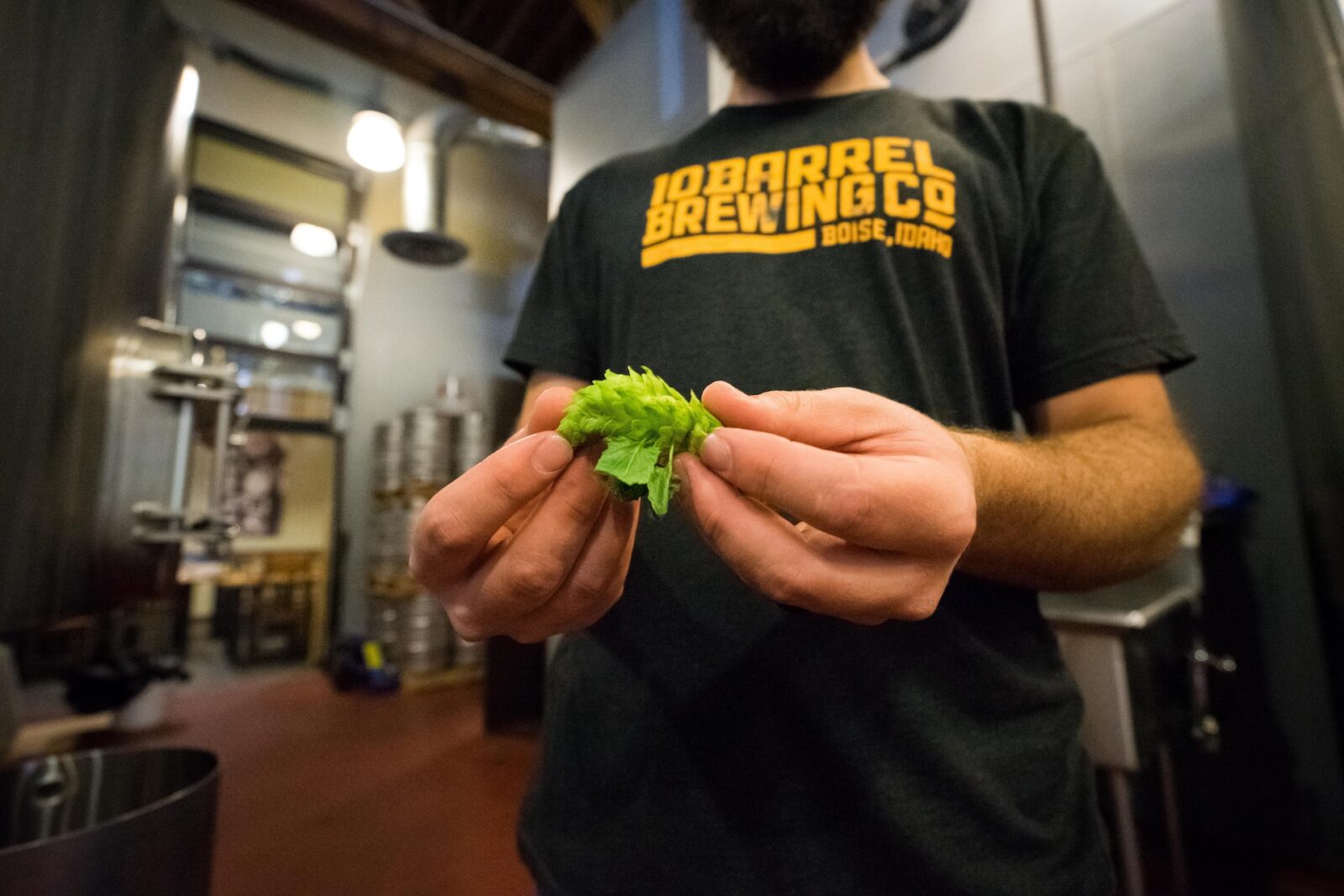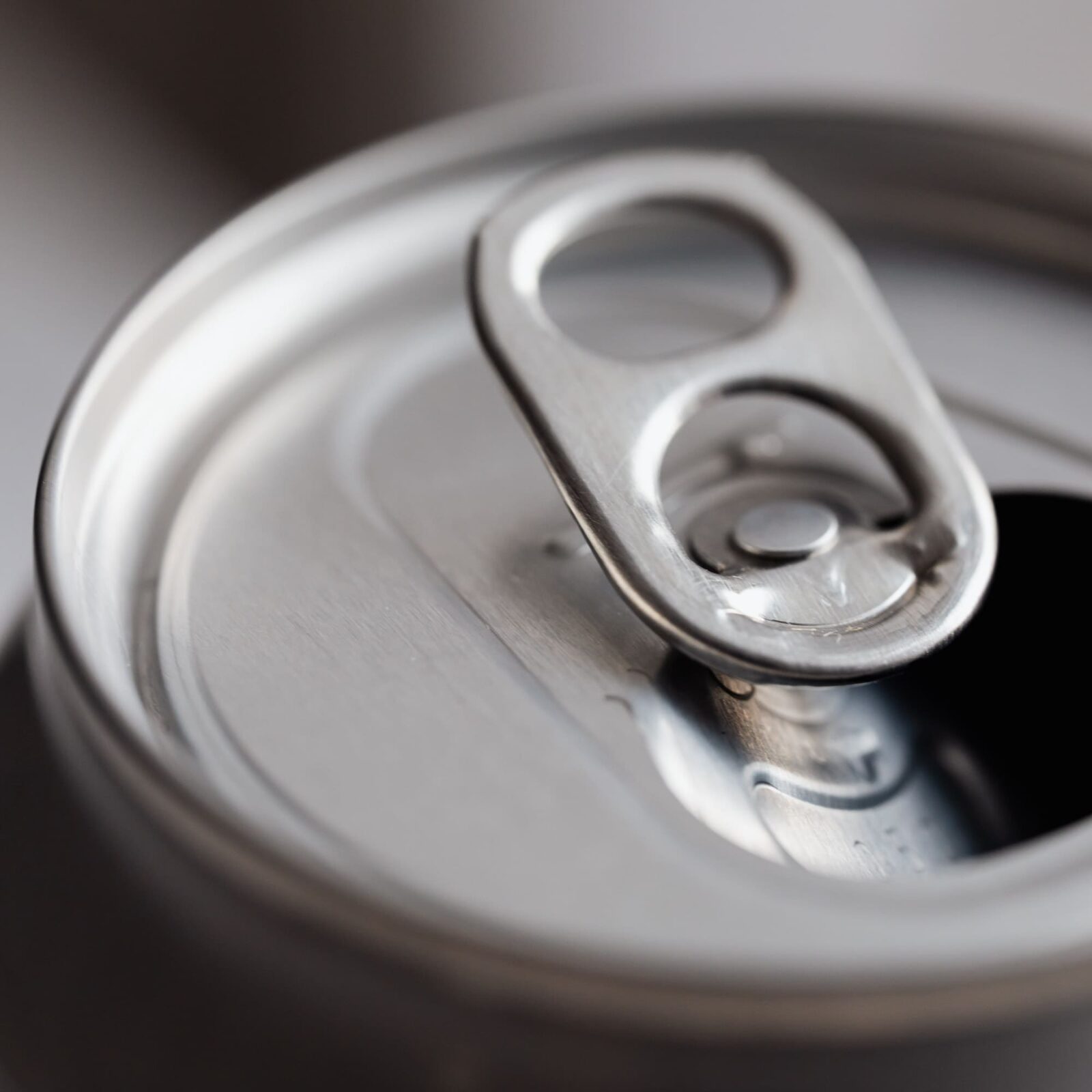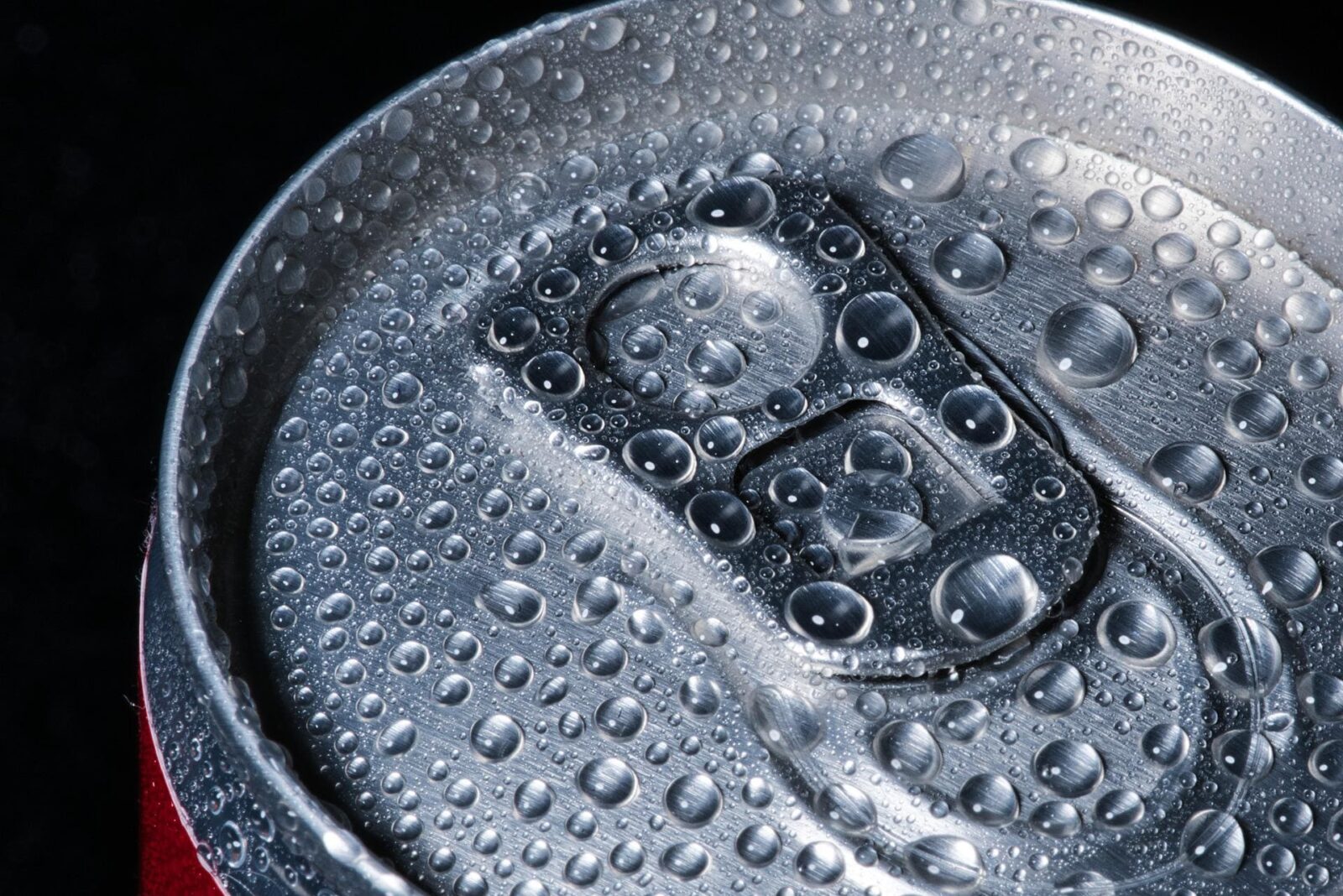As the craft beer industry continues to grow, it’s essential for breweries to prioritize sustainability. Adopting eco-friendly practices not only benefits the environment but also enhances your brand reputation and can lead to long-term cost savings. In this article, we will explore ten practical ways in which craft breweries can become more sustainable.
For Colorado, Recycling Day was far from a cause for celebration – the state’s aluminum can recycling rate is dismal. According to experts, only 16% of cans are recycled in Colorado, the birthplace of canned craft beer. That number is even lower than the national average, which is only about 50%. Clearly, there is a need for improvement.
The European Commission has released its proposals for EU-wide rules on packaging to ‘tackle this constantly growing source of waste and of consumer frustration’. But what will this mean for the beverage industry?
UK brewers are taking “huge steps” to be more environmentally friendly with an expanded, targeted roadmap being launched to help the sector decarbonise at pace to reach net zero.
Brewers have long been at the forefront of environmental causes and sustainable initiatives. From recycling to energy-efficient equipment, craft breweries have long worked to leave a minimal footprint in a very resource-heavy industry. The recent shock on fuel prices and rising energy costs along with an aging power grid in many states has caused breweries of all sizes to think about alternative energy sources or bringing equipment in-house to keep the lights on and taps flowing.
Less than half of beverage cans in the US are currently recycled: but US can manufacturers want to see 80% recycled by 2040 and 90% by 2050. So how can these goals be reached?




